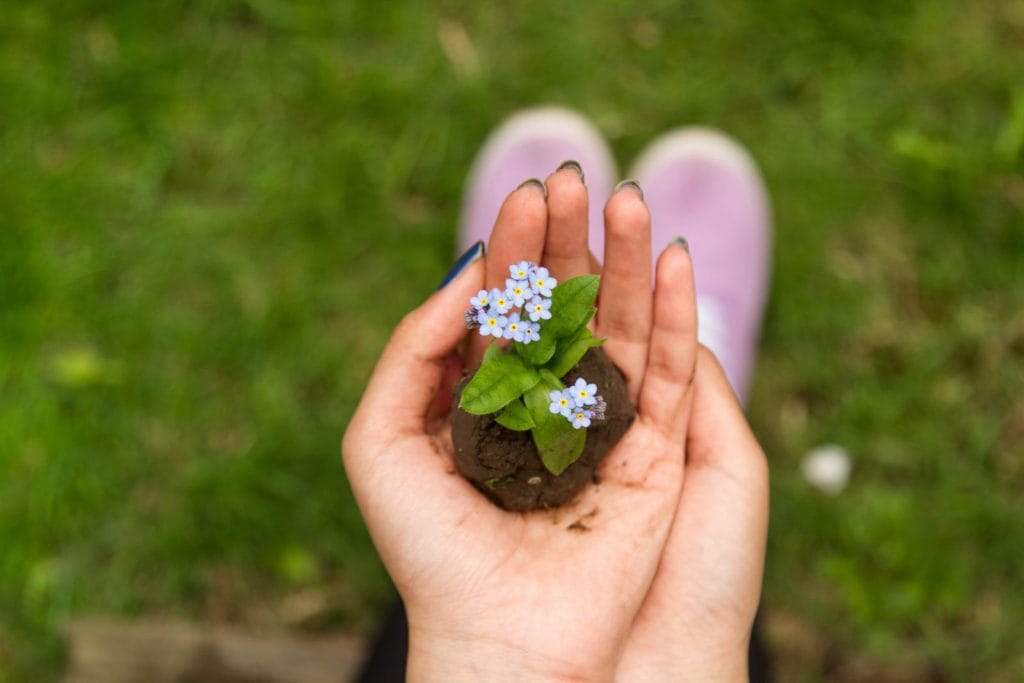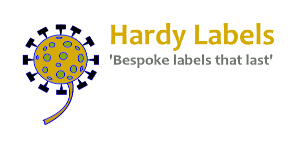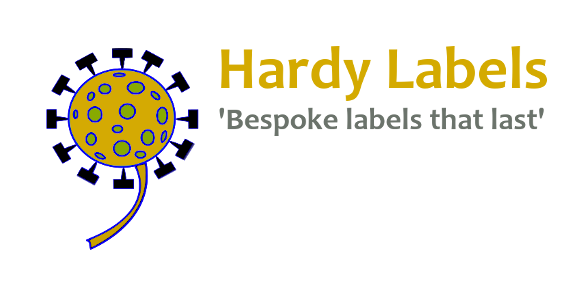
The founding principle of Hardy Labels and subsequently Hardy Structures flowed from our indignation at labels and structures which cost money to buy but did not last, creating landfill and losing the information on the labels in many cases. We believe in sustainable hardy products that last.
We looked for a form of label that lasted and did not cost more than an important plant. Not finding anything suitable we investigated how to make labels that lasted and were affordable. We came up with aluminium labels, laser cut in a factory, anodised then laser etched to give long-lasting text.
How sustainable is this process? Aluminium is considered sustainable especially if it comes from Europe where it may be smelted using hydroelectric power. Our supplier buys from Europe wherever possible. Aluminium is always recyclable. Industrial lasers are powered by electricity, they are less wasteful of material than other methods and are themselves long lasting machines with few parts to replace and therefore a greener backstory than alternatives. The steel used for the garden ornaments is solid so there is no thin walled tubing that will rust through, the steel is also ultimately recyclable.
We don’t create plastic labels because they’re not sustainable and because they degrade, become brittle and snap in a garden space; neither do we create steel structures that are so thin that they are likely to rust away in a few years. Any item from Hardy Labels is designed to last – we create sustainable hardy products.
All manufacturing steps post bulk metal supply happen here is the UK to reduce our transportation carbon footprint.
Anodising increases the durability of aluminium and as it is producing an oxide of the metal it remains recyclable. Toxicity issues that occur with paint are therefore avoided. The chemicals used in the process can be reused many times before being neutralised and safely disposed of.
The final laser engraving is done on a small but effective machine which uses electricity.
Packaging is repurposed where possible in our manufacturing process. We use sustainable compostable sleeves for the finished product that are made from plant material. Postage envelopes are cardboard and so also recyclable.
We are developing some smaller efficiently cut labels suitable for alpines and high value collectable plants such as Galanthus species.

